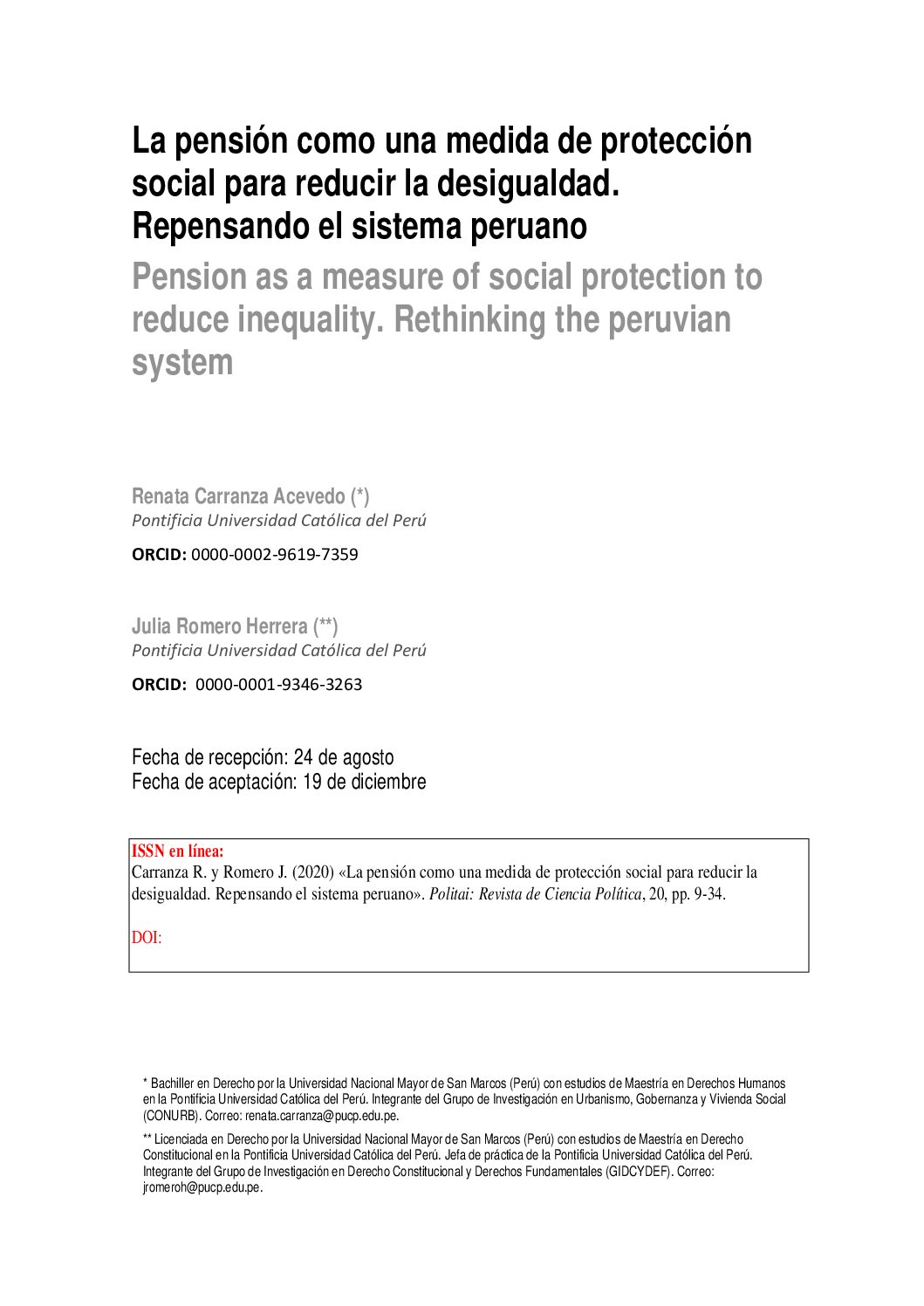Inclusión Financiera: El Reto De La Proporcionalidad En La Era Digital
Por Ignacio Esteban Carballo
Los objetivos de política económica en materia de estabilidad financiera, integridad financiera y la protección financiera de los consumidores se encuentran en el centro de la agenda de los reguladores y supervisores desde finales del siglo XX (Crockett, 1997; Marston, 2001; Rudd, 2009).
Más recientemente, la importante contribución que la inclusión financiera puede hacer al logro de un crecimiento económico inclusivo y de los objetivos de desarrollo sostenible ha obtenido un importante reconocimiento global que ha conducido a importantes reformas políticas buscando establecer un entorno propicio para promoverla (CGAP, 2012; De Sousa, 2015, Dema, 2015).
Fuente: @Repositorio











